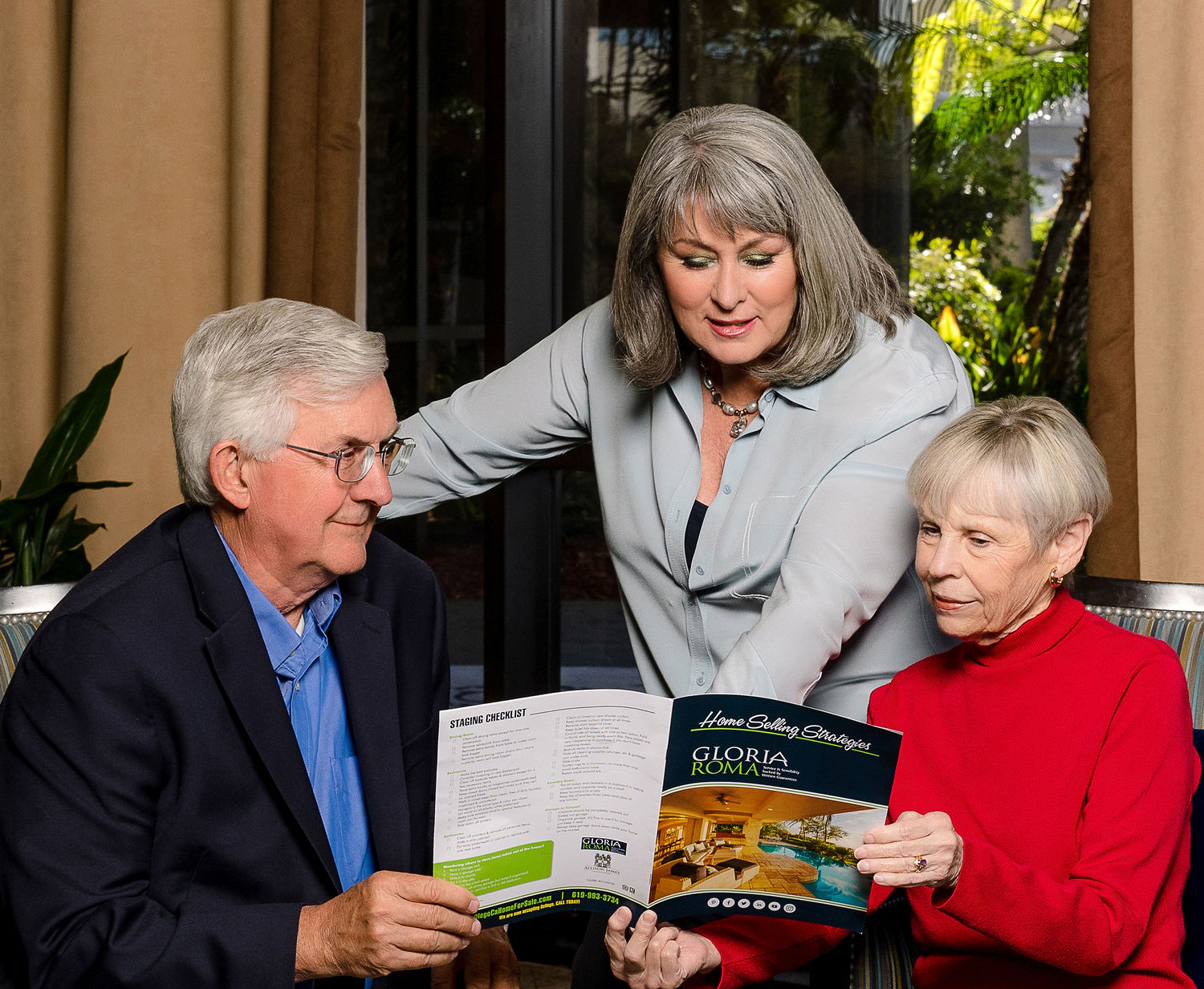Aging in community: A guide for seniors will help because it is becoming more prominent in society. As we age, it becomes harder to live independently on our own. Our physical mobility begins to decline, which can make it difficult to do even everyday tasks like cooking and cleaning. As our memories begin to fail and more medications are added to our schedules, it can be difficult to remember how and when to take everything we need. Plus, it is common for many of our loved ones and friends to move away. This can easily cause us to become lonely, which can have harmful effects on our health. However, where and how we live as we age can have a huge effect on our independence level and overall wellness.
Let’s look at a few housing options to give you a clear view of your options

Senior Roommates
Seniors aging in community means sometimes living together as roommates. This is becoming more and more common. HomeAdvisor reports, “As a matter of fact, a growing number of baby boomers are turning to shared living as an aging-in-place housing option. A 2014 AARP analysis of census data found approximately 132,000 households and 490,000 women over the age of 50 living with non-romantic peers.”
Not only does living with another senior allow you to split housing costs and save on your budget, but it can also provide you with a key source of companionship. After all, another senior will probably share many interests and might possibly understand your life better than many in the younger generations.
Having someone living with you while aging in community can also decrease your risk of a fall-related injury or overlooked illness. When you have someone else there while aging in community to watch out for you, it raises your overall health and can help you live a higher quality of life. Plus, according to A Place for Mom, loneliness is a serious problem for many seniors and can have disastrous health consequences.
Home Modifications
Not everyone feels comfortable aging in community with getting a roommate. However, especially when they do not know the person very well. If you want to age in community but are not interested in a roommate, it is important for you to make the appropriate modifications to your home to ensure that your changing needs are met. This can be done a lot easier than you might think.
According to Assisted Living Today, there are five must-have modifications that most seniors will need to live comfortably in their home: wider doorways, ramps, kitchen modifications, bathroom modifications, and flooring modifications. Of course, you do not have to do all of these modifications at once. If you are currently not having a problem using your kitchen, you probably do not need to modify it right away. However, you should plan on making these modifications to your home sometime within the near future.
Village-to-Village
The village-to-village network is a community-based program that expands options for older adults so they can live more independently for longer. While all networks function independently and focus on the needs of their individual members, they are all member-driven and self-governing. The networks’ main function is to provide social activities that seniors can participate in, which lessens the likelihood of loneliness and enlists a network of volunteers to help seniors with daily things they can’t do themselves, such as yard work or walking the dog.
According to the New York Times, these villages is specific to aging in community and are a low-cost way to age in place and delay the added cost of assisted living. When you have such an in-depth network of volunteers who are willing to pick up your prescriptions and take you shopping, it allows you to live independently for longer. Plus, with events like storytelling and happy hour at local restaurants, you have plenty of opportunities to meet new people and make friends.
There are lots of options available for aging in community for seniors who want to age in place. One of the key problems with aging at home is the likelihood of loneliness, but by aging in community, these problems can be averted.
Call me or send me an email, I’ll be happy to help you sell your home when you are ready.
Call 726-999-0566
or Email Us
Photo Credit: Pexels

